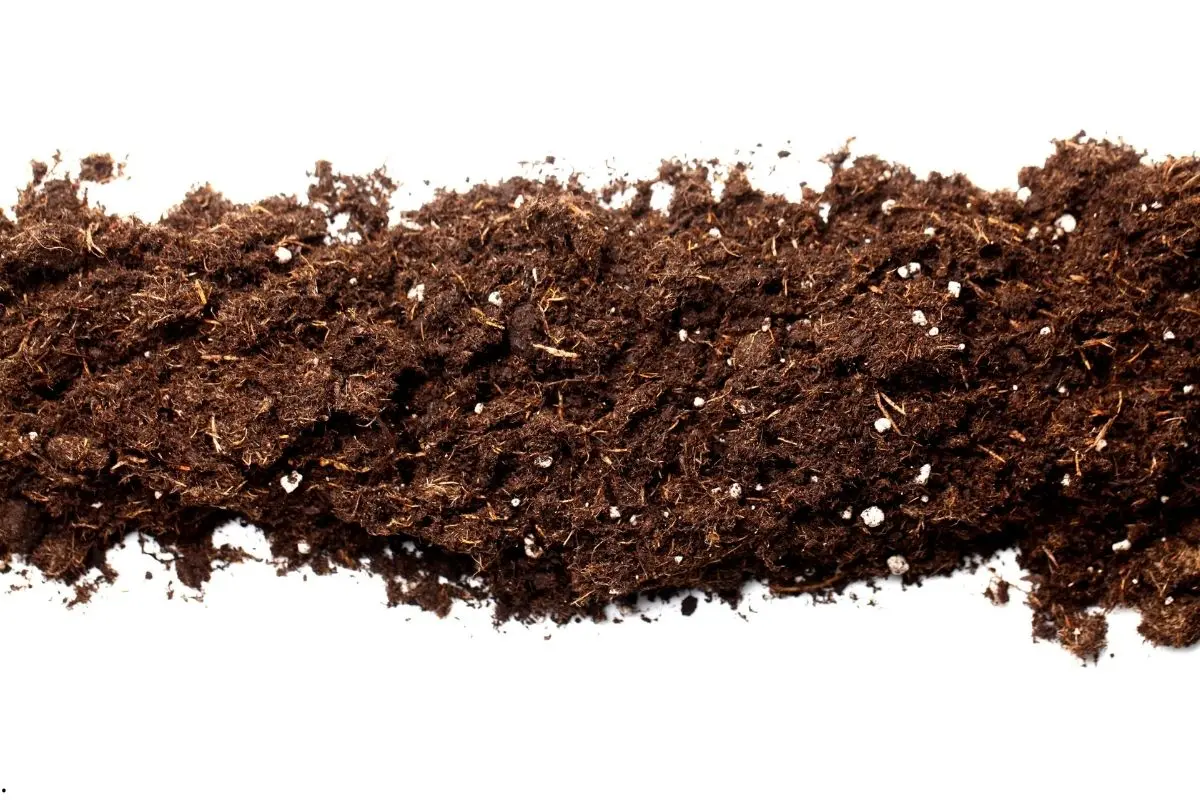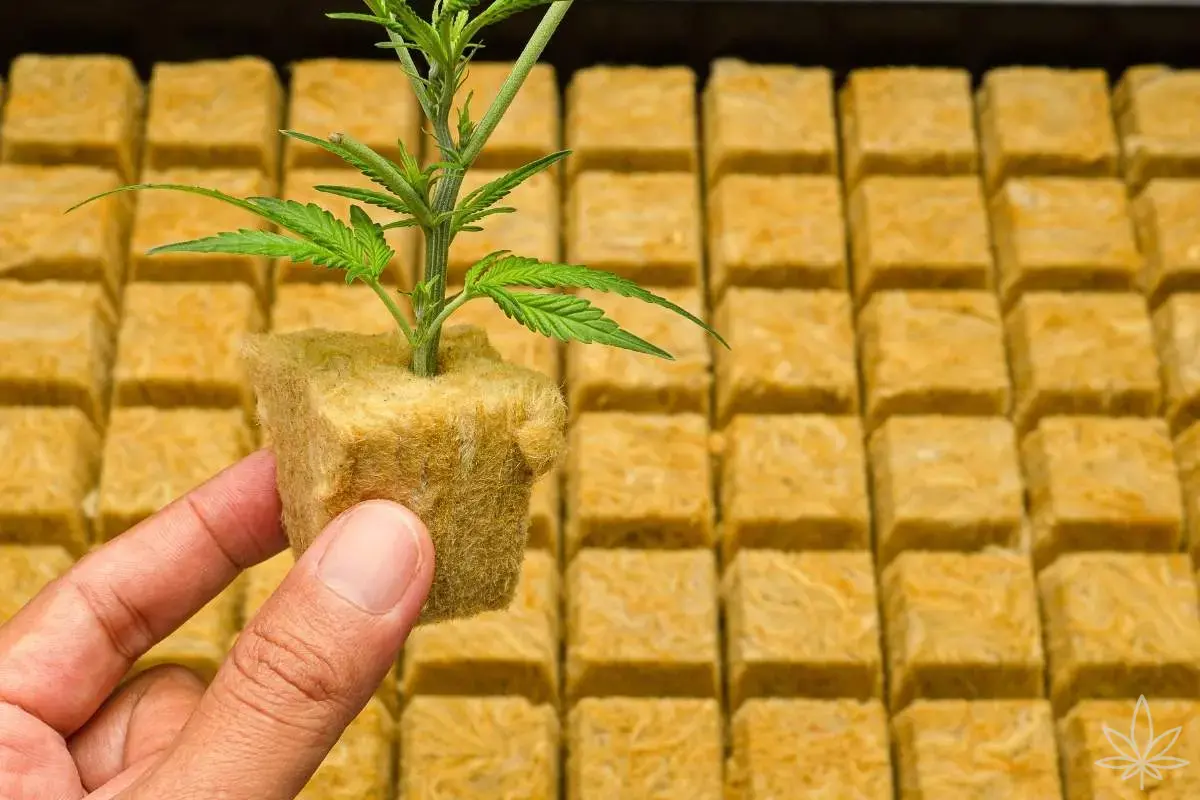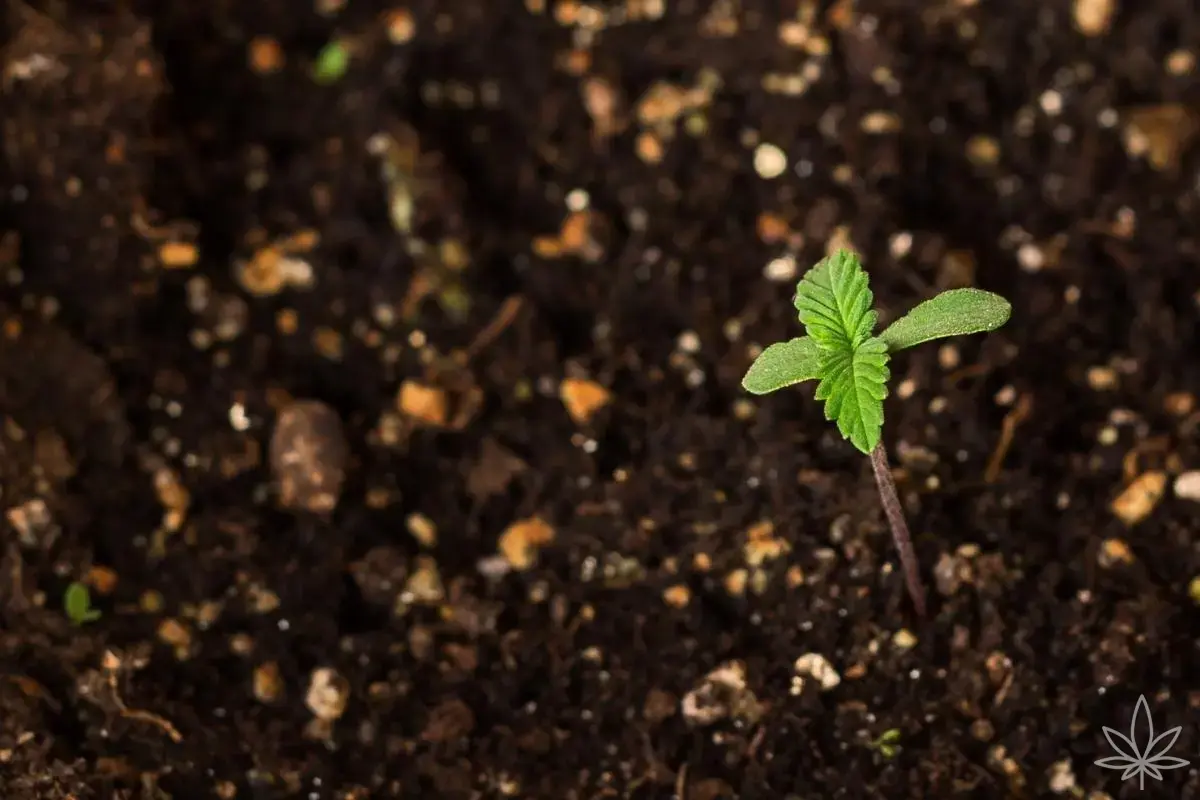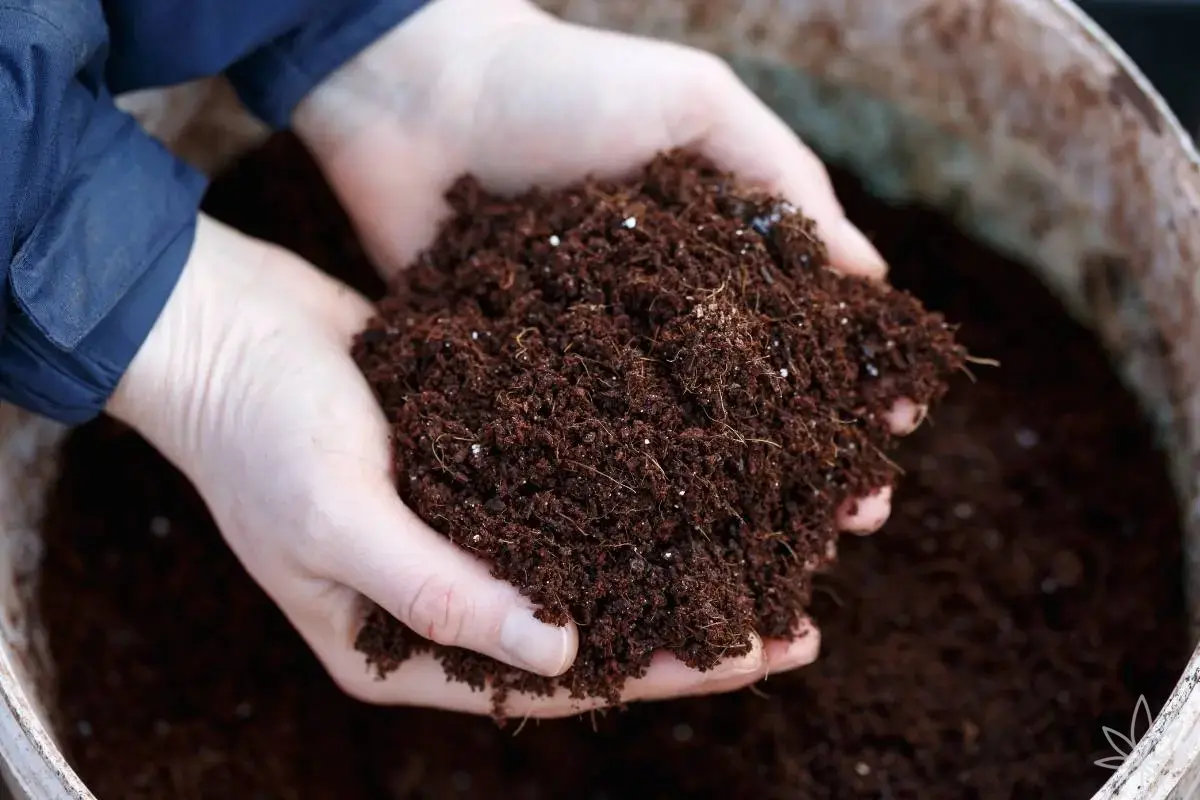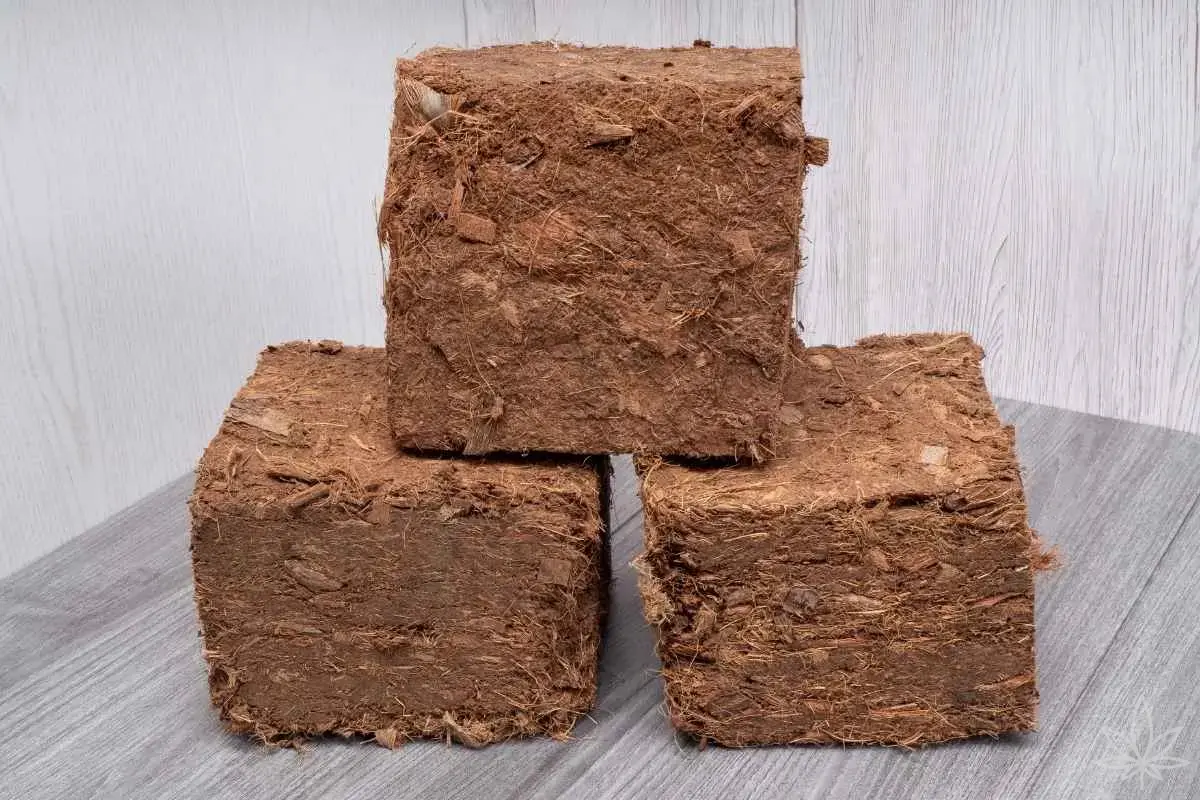Every beginner grower eventually faces the same dilemma: should I buy cheap universal soil from the supermarket, or invest in specialized mixes made for demanding plants?
The choice matters more than you think, because soil is home to your roots – and without healthy roots, there are no healthy plants. Let me explain from the perspective of someone who has tried dozens of bags, from budget supermarket soil to premium growshop mixes.
Supermarket Soil – What’s Inside?
Bags of “universal” soil from big garden centers or DIY stores look tempting. For just a few euros you get 20–50 liters of ready-to-use soil, often labeled as “universal” or “fertilized for weeks.”
Pros of supermarket soil:
- very low price and easy availability,
- enough to get started with undemanding plants,
- often pre-fertilized.
Cons:
- inconsistent quality (sometimes fine, sometimes full of clay clumps or debris),
- unpredictable pH (can be 4.5 or 7.5),
- random fertilization: plants may quickly show deficiencies or nutrient burn,
- poor structure – compacted, holds water, lacks aeration.
This type of soil works for balcony flowers, herbs, or simple houseplants. But if you’re planning an intensive grow of more demanding species, you’ll notice the limits quickly.
Specialized Mixes – What Makes Them Different?
Professional mixes, sold in growshops, are designed with roots and soil biology in mind. They cost more, but the difference is visible in plant health and growth.
Key features of specialized mixes:
- Stable pH (usually 5.8–6.5), optimized for nutrient uptake,
- Better structure: a blend of peat, perlite, coco fibers – light, airy, not compacted,
- Controlled fertilization: “light mix” (minimal nutrients for seedlings) or “all mix” (fertilized for weeks),
- often enriched with beneficial microbes (mycorrhizae, bacteria) to boost root health,
- consistent quality – each bag performs the same.
Soil vs. Mixes – Side by Side
| Feature | Supermarket Soil | Specialized Mixes |
|---|---|---|
| Price | low (€2–5 / 20 L) | higher (€8–18 / 20 L) |
| Quality | inconsistent | stable & predictable |
| Structure | often compacted | airy (peat, perlite, coco) |
| pH | unpredictable | balanced |
| Fertilization | random | controlled (light mix / all mix) |
| Microorganisms | none | often added |
| Risk of problems | high | low |
| For beginners | harder to manage | easier to learn, more forgiving |
Which Should You Choose?
- If you’re just starting out and don’t want to spend much, supermarket soil can work – but:
- always sieve it and remove clumps,
- test the pH (with strips or a simple meter),
- mix in perlite or coco fiber for aeration.
- If you want predictable results and fewer headaches, go for specialized mixes. Yes, they cost more up front, but they save you time, effort, and frustration later.
Pro Tip From Experience
Beginners often make the same mistake: they save money on soil, then spend a fortune on fertilizers and “rescue products.” But soil is the foundation – like the base of a house. If it’s unstable, the whole structure suffers.
That’s why my advice is: if your budget is limited, buy less but better-quality soil rather than a huge bag of low-grade soil. Healthy roots will pay you back with strong growth and fewer problems.
Summary
- Supermarket soil is cheap and available, but full of unknowns.
- Specialized mixes offer stability, structure, and predictable growth.
- Beginners will learn faster and with less frustration on good-quality substrates.
If you want healthy plants and a smooth growing experience, investing in a good mix is worth every euro.

